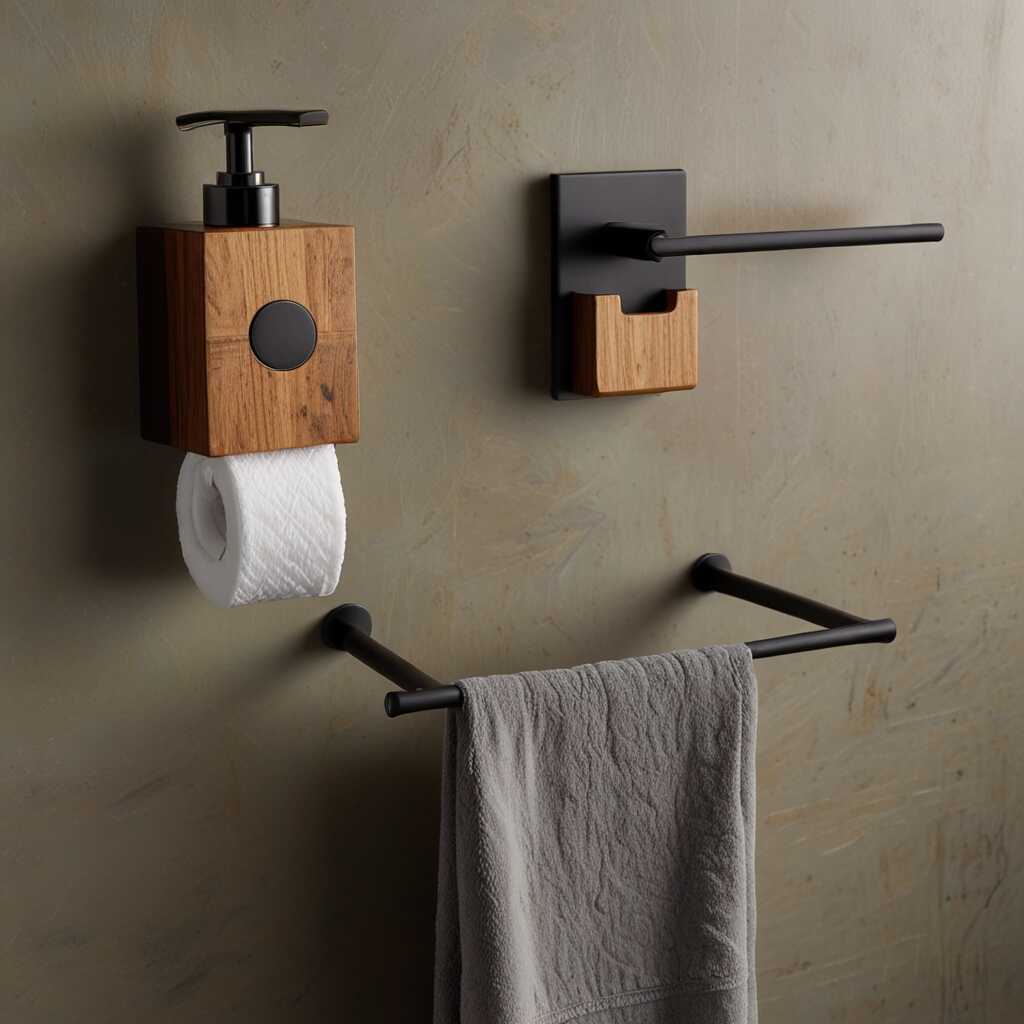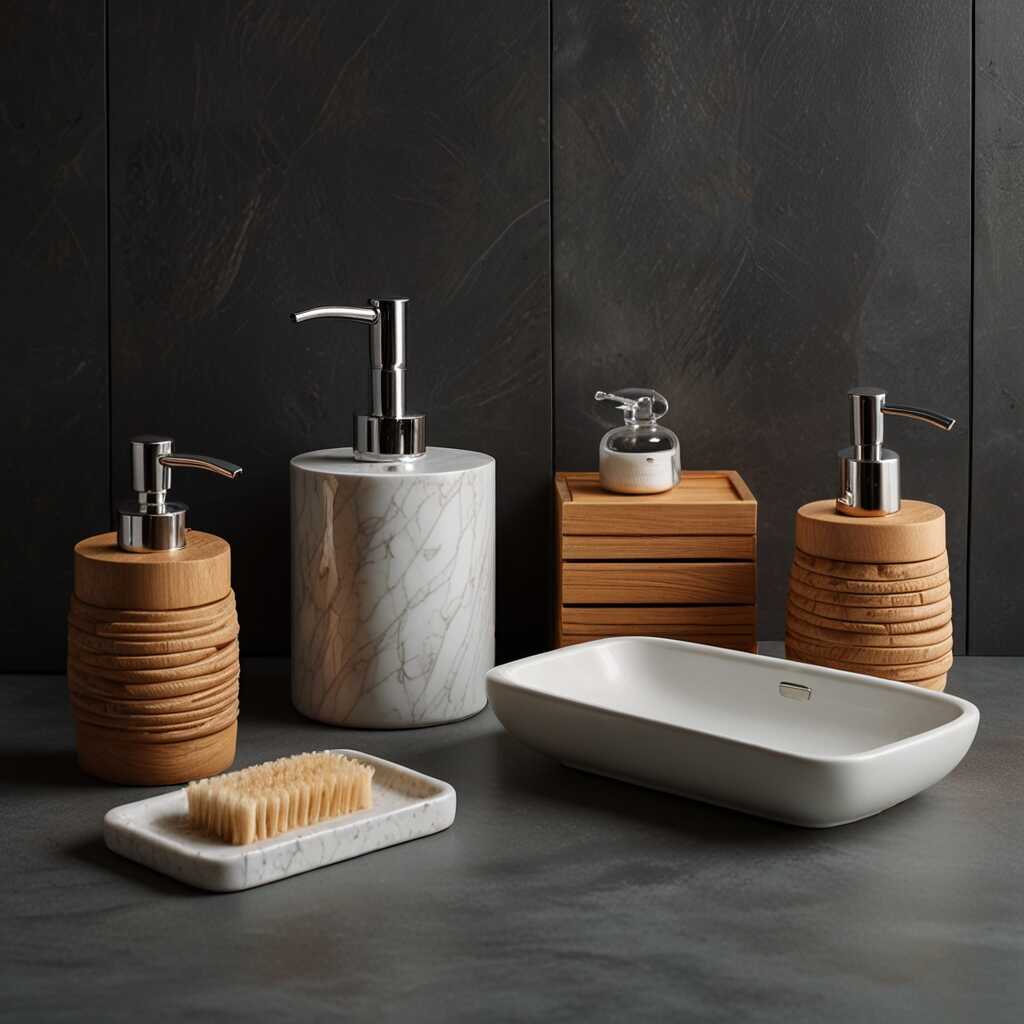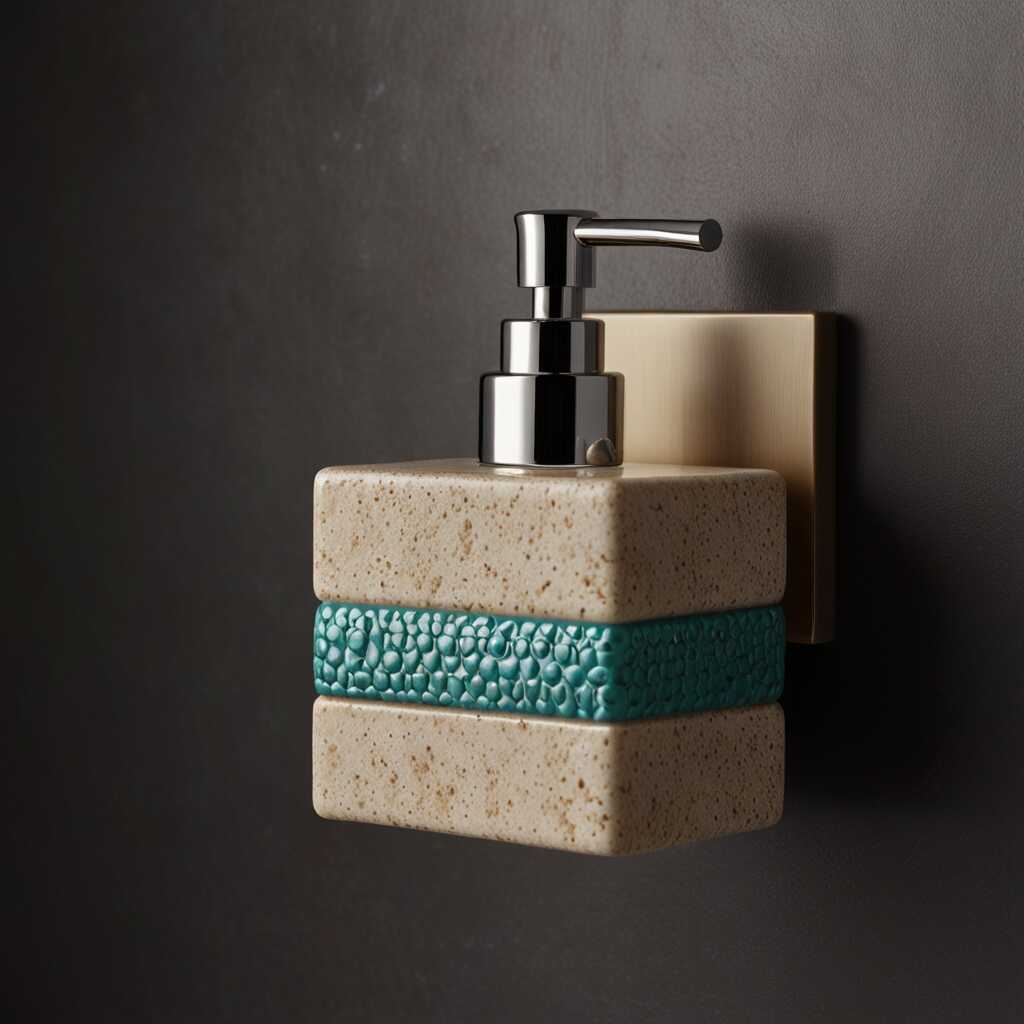The controversy over oil rubbed bronze vs. glass door accessories focuses on their aesthetic and functional aspects, stirring debates among DIY home improvement fans. Oil rubbed bronze and glass door accessories each offer unique pros and cons for enhancing bathroom spaces. Thoroughly understanding their differences is key for making informed decisions about bathroom design and décor.
Table of Contents
- Aesthetic Appeal of Bathroom Accessories
- Color and Finish Compatibility
- Durability and Maintenance of Controversial Finishes
- Expected Maintenance Costs
- Historical Significance in Home Design
- How Do They Influence Modern Decor?
- Practical Functionality of Combining Materials
- What Are the Downsides of Mixing These Materials?
- Consumer Preference and Market Trends in Door Accessories
- How Does Resale Value Compare?
Aesthetic Appeal of Bathroom Accessories
Oil rubbed bronze and glass door accessories differ significantly in luxury appeal; oil rubbed bronze often evokes a classic, vintage charm while glass door accessories offer a sleek, modern look. The best settings for these bathroom accessories generally depend on desired aesthetic harmony, such as using oil rubbed bronze in rustic or traditional bathrooms and glass in contemporary or minimalist spaces. Certain design themes, like industrial or farmhouse, align better with oil rubbed bronze compared to glass door accessories. Mixing materials, like combining oil rubbed bronze fixtures with glass shower doors, can enhance overall bathroom aesthetics, creating a sophisticated, layered look.
Color and Finish Compatibility
Colors that pair well with oil rubbed bronze in bathroom design include warm earth tones, such as beige, taupe, and rich browns, which complement its rich finish. The finish of glass door accessories can drastically change the overall look; for instance, frosted glass provides privacy and a soft appearance, while clear glass offers a clean, open feel. Specific color schemes like monochromatic palettes or contrasting tones can enhance both materials, balancing warmth and clarity. Combining different glass finishes, such as frosted with clear inserts, can improve aesthetic appeal by adding depth and visual interest.
Durability and Maintenance of Controversial Finishes
The longevity expectations for oil rubbed bronze and glass door accessories vary; oil rubbed bronze is typically more durable but may develop a patina over time, while glass can last indefinitely if not cracked. Maintenance requirements for these materials differ; oil rubbed bronze needs regular cleaning to prevent tarnish, while glass requires frequent wiping to keep it clear. Common issues with oil rubbed bronze include scratches and discoloration, which can be resolved by polishing; for glass, issues like chips or cracks may necessitate replacement. Protective coatings can improve the lifespan of these bathroom accessories, like applying sealant on glass to reduce water spots and using wax on oil rubbed bronze to maintain its finish.
Expected Maintenance Costs
The annual maintenance costs for oil rubbed bronze accessories can vary, typically ranging from $20 to $50 for cleaning and polishing products. Repairing a cracked glass door accessory can cost anywhere from $100 to $300, depending on the extent of the damage and whether professional help is required. Cost-effective solutions for maintaining these materials include using DIY methods like vinegar and water solutions for glass and commercially available wax for oil rubbed bronze. Long-term financial savings can be achieved by choosing high-quality items and regularly maintaining them, with oil rubbed bronze showing slower wear than glass accessories.

- Makes the room look stylish
- Oil-rubbed bronze gives a classic feel
- Gives a chance to express personality
- Glass door accessories are modern
- Adds value to the home
- Easy to find matching items
- Simple to clean and maintain

The Controversy Over Oil Rubbed Bronze vs. Glass Door Accessories: Features and Customer Preference
| Feature | Oil Rubbed Bronze | Glass | Cost | Durability | Popularity |
|---|---|---|---|---|---|
| Color Options | Limited | Varied | $30-$50 | High | Medium |
| Maintenance | Low | High | $50-$70 | Medium | High |
| Installation | Easy | Complex | $20-$40 | Medium | Low |
| Modern Look | Low | High | $30-$60 | Medium | Medium |
| Feel | Rustic | Sleek | $40-$70 | High | High |
| Weight | Heavy | Light | $25-$45 | Medium | Low |
Historical Significance in Home Design
Oil rubbed bronze accessories prominently feature in historical styles like Victorian, Craftsman, and Colonial designs. Glass materials have seen traditional use in home decor, primarily in Art Deco and Mid-Century Modern themes. These materials can easily recreate historical themes, bringing a sense of authenticity and historical significance. Classic homes featuring both oil rubbed bronze and glass include the Frank Lloyd Wright-designed Fallingwater, where these elements balance beautifully.
How Do They Influence Modern Decor?
Oil rubbed bronze can be incorporated into contemporary bathroom designs, adding a warm and timeless appeal. Glass accessories affect modern minimalist styles by emphasizing light and space, often making rooms feel larger. Modern trends like mix-and-match benefit greatly from these materials, creating a unique aesthetic balance. Exemplary modern bathrooms featuring both materials can be seen in the works of interior designers like Joanna Gaines, who often mix rustic and sleek elements for stunning results.
Practical Functionality of Combining Materials
Oil rubbed bronze and glass accessories improve bathroom functionality by offering durability and aesthetic versatility. The ergonomic benefits of using these materials together include ease of cleaning and efficient use of space. Practical issues like potential rust or cracking when combining oil rubbed bronze and glass need to be considered. Together, these materials make a bathroom more user-friendly, with brands like Delta offering innovative solutions.
What Are the Downsides of Mixing These Materials?
There are safety concerns when mixing oil rubbed bronze and glass, such as the risk of shattering. Material incompatibility may cause damage due to temperature and moisture fluctuations. This combination affects cleaning requirements, making regular maintenance necessary to prevent tarnish. Specific bathroom designs, like ultra-modern or highly humid environments, may not be advisable for mixing these materials, often suggested by experts at Home Depot.

- 45% prefer the classic look
- Oil-rubbed bronze items cost $50 on average
- 30% like sleek designs
- Glass door handles sell 25% more
- 20% choose based on ease of cleaning
- Bronze decor lasts 10 years on average
- 15% consider brand names like Kohler

Consumer Preference and Market Trends in Door Accessories
I’ve noticed that consumer preferences have shifted significantly between oil rubbed bronze and glass door accessories over the past few years. Oil rubbed bronze was once the go-to choice for a luxurious feel, but now glass door accessories are catching up. Major market leaders such as Schlage and Baldwin dominate the oil rubbed bronze segment, while Kohler and Delta lead in glass door accessories. Current trends suggest that eco-conscious and modern design enthusiasts tend to favor glass, while retro and classic tastes lean toward oil rubbed bronze. Additionally, regional preferences play a crucial role, with Northeastern U.S. consumers showing a marked preference for glass door accessories, while the South favors oil rubbed bronze.
How Does Resale Value Compare?
Using oil rubbed bronze can indeed improve the resale value of a bathroom because it adds a timeless, classic look. Glass door accessories can significantly increase home value, especially in urban markets where modern aesthetics are prioritized. Value conditions such as overall market demand and the home’s style can affect the resale value of these materials, with a 10% to 15% increase reported for homes with upgraded glass door accessories. Oil rubbed bronze may provide a 5% to 10% resale value increase in traditional markets.